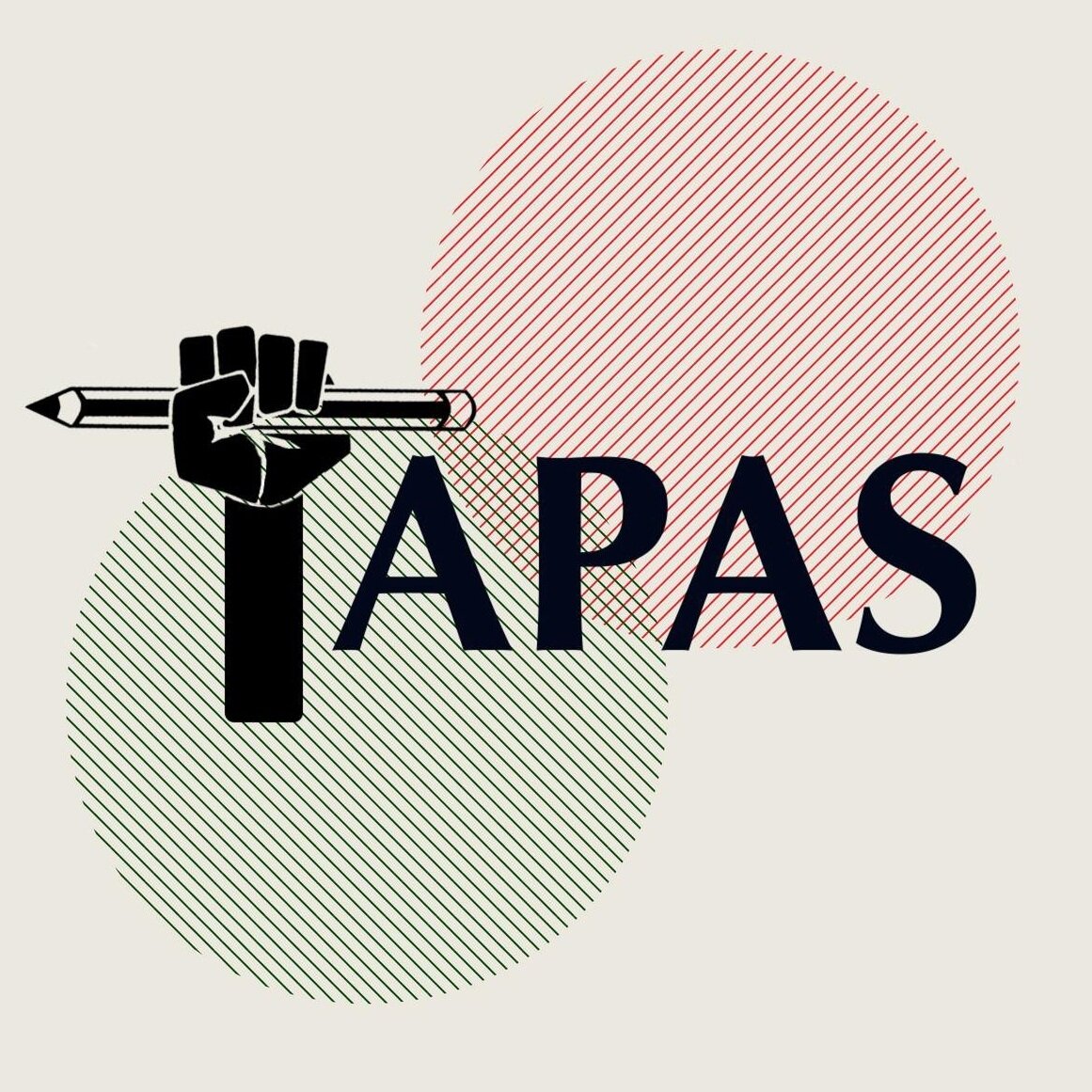Sunah Chang - “Just Do It Zen”: The Kwan Um School of Zen, Orientalism, and Commodification in American Cultural Discourses
After over a decade of living in the U.S., working as a laundryman, and gaining a steady following of students, Korean-born Zen Master Seung Sahn founded the Kwan Um School of Zen in 1983. Now an international organization with over 100 physical centers dispersed across the world, the Kwan Um School has succeeded in garnering recognition and popularity, predominantly among a Western audience. This thesis explores the rise of the Kwan Um School, focusing on the ways in which Seung Sahn and his organization have become interpolated by various discourses of racialization and commodification in the U.S. Drawing from ethnographic fieldwork collected from the Cambridge Zen Center (a branch of the Kwan Um School) along with media archival sources covering the organization’s rise to prominence, I situate the Kwan Um School’s public positioning within broader configurations of Zen Buddhism, meditation, and mindfulness in the U.S. Informed by postcolonial scholarship, I analyze the ways in which…
Atheena Keanani Arasoo - (Un)pacific Relations: Imperial Divisions between Native Hawaiians and Micronesians in Hawaiʻi
This thesis argues that despite longstanding cultural and historical connections between Native Hawaiians and Micronesians, a history of imperialism in Hawaiʻi – the research considers cultural, economic, and political aspects of U.S. empire in Hawaiʻi and the Pacific – has shaped ongoing racial and xenophobic tensions directed from Native Hawaiians to Micronesians…
Zainab Kahloon - Religion or Re-Election: How Muslim Americans Running for Office Reconcile Their Islamic Values with Their Political Decisions
At the moment, Muslims running for office are in a unique position to shape the Muslim-American political vision. Whether or not they consider representing their faith to be a priority is their personal decision. Yet their actions will create a ripple effect insofar as the example they set will serve as blueprints for future Muslim-Americans running for office. Because Muslim-Americans running for office are some of the most visible figures in the Muslim-American community, some questions their actions raise include: How do Muslim Americans running for office reconcile their Islamic values…
